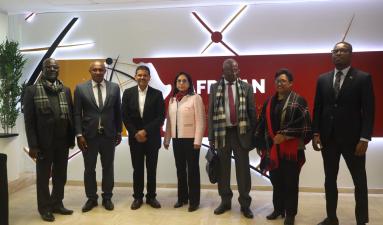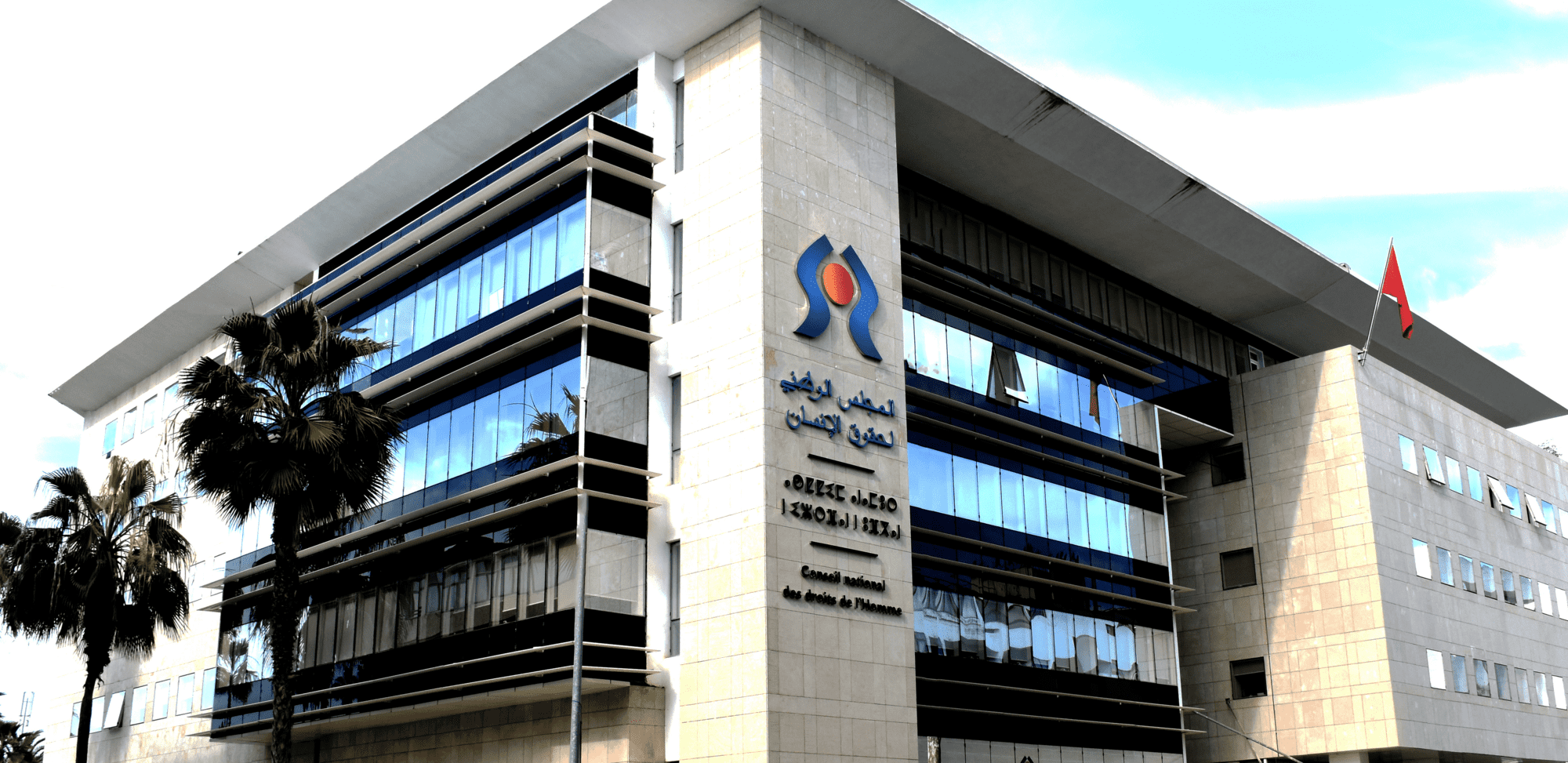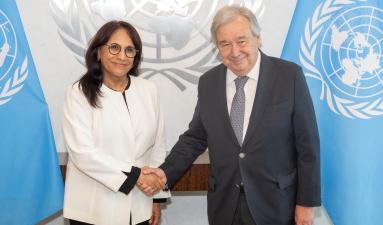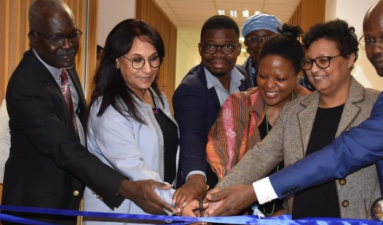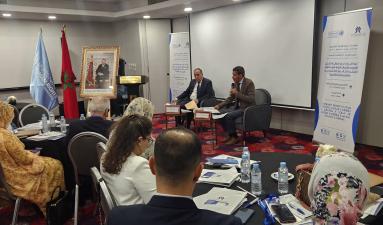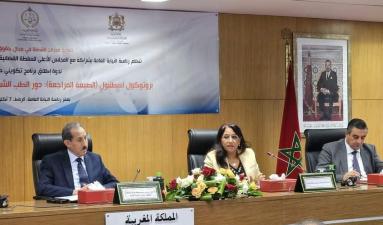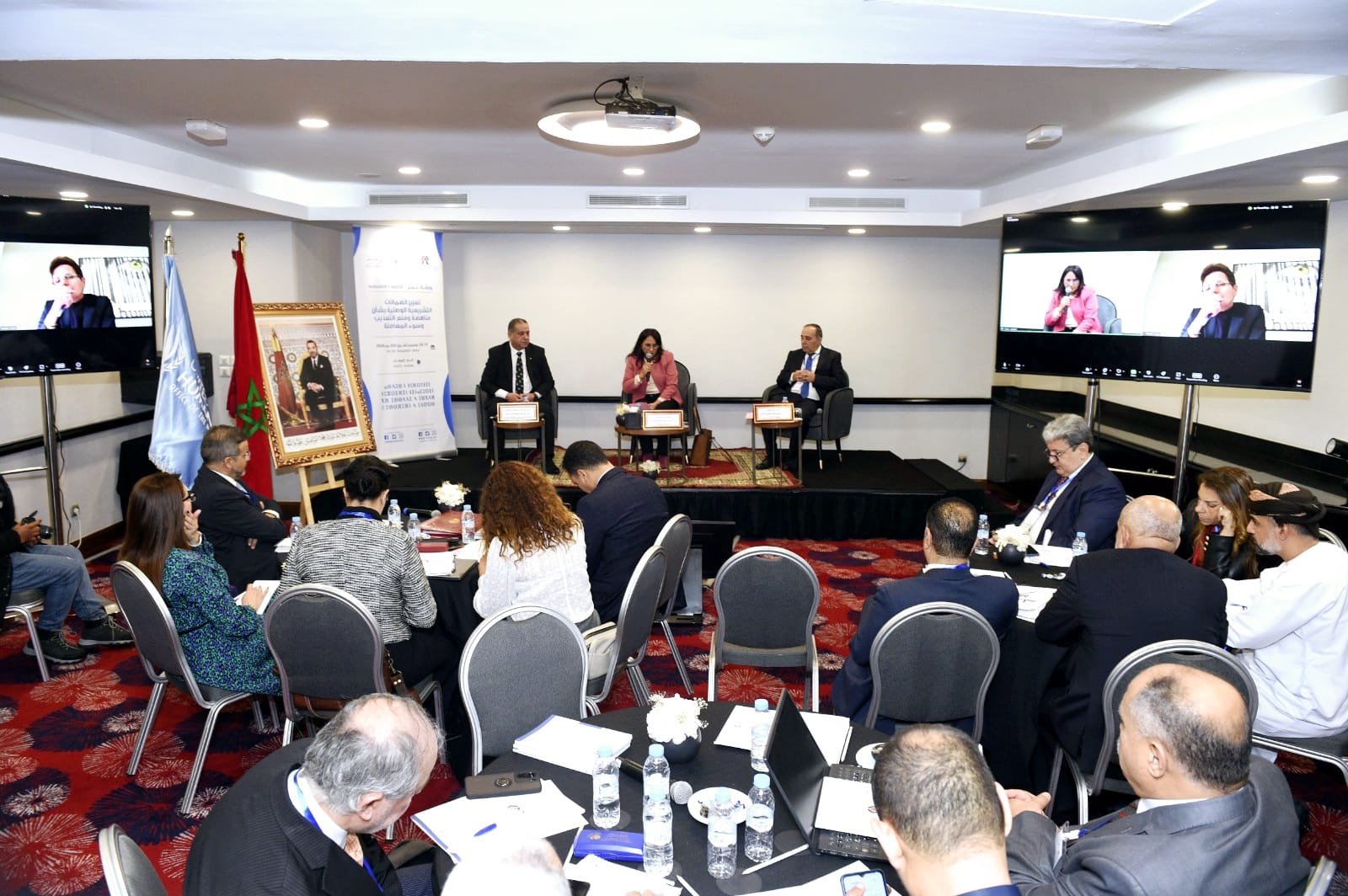
The proceedings of the Regional Meeting on "Strengthening National Legislative Guarantees to Combat and Prohibit Torture and Ill-Treatment", jointly organized by the National Human Rights Council (CNDH) and the United Nations Human Rights Regional Office for the Middle East and North Africa (ROMENA), started today in Casablanca, Morocco.
At the opening of the proceedings, participants observed a moment of silence in memory of the victims in the Middle East.
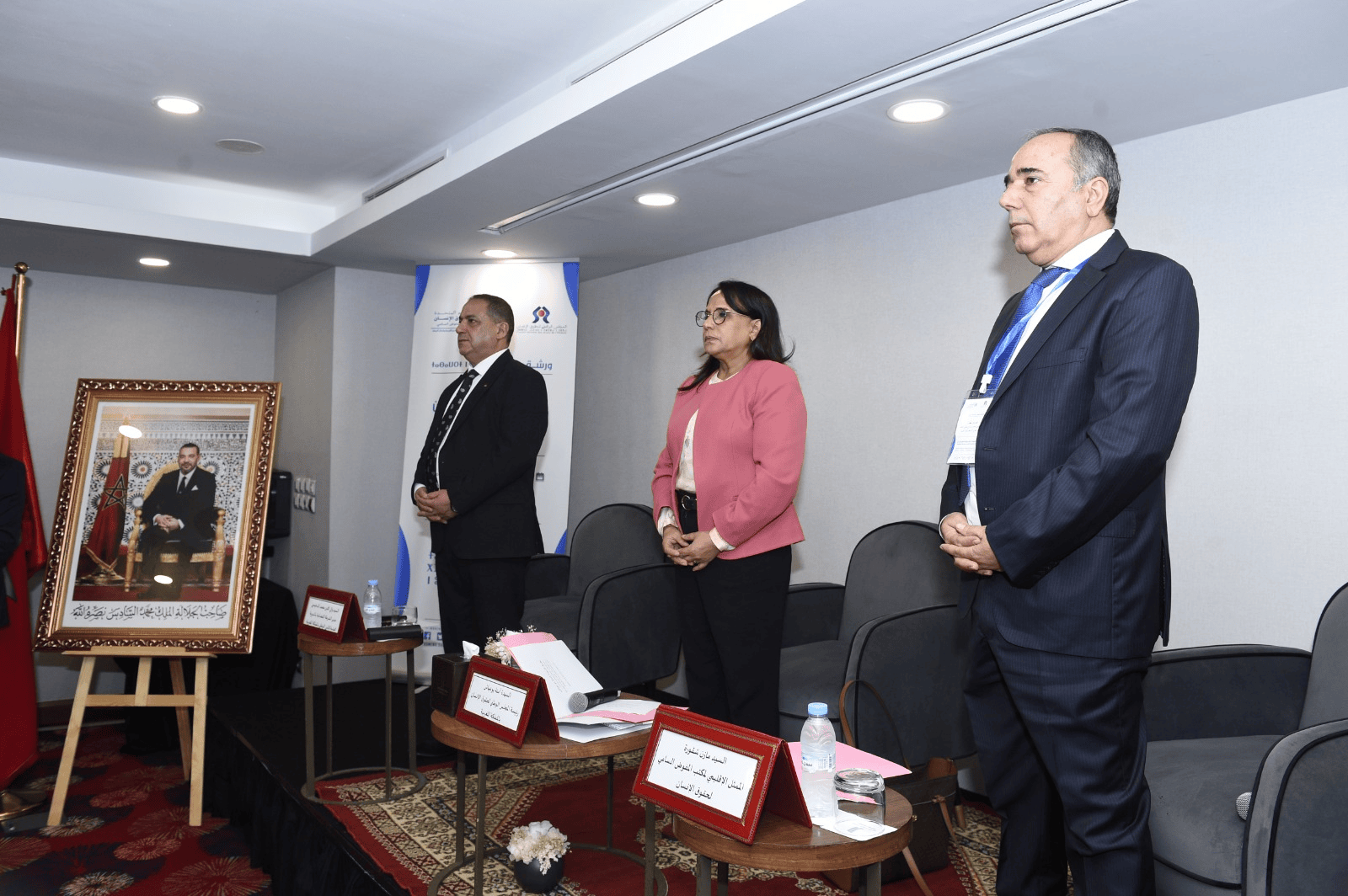
In her opening statement, Ms. Amina Bouayach, CNDH Chairperson, emphasized the need for universal commitment to the Convention Against Torture (CAT), calling for 2025 to be a landmark year for its comprehensive international ratification. She noted that there is no dignity, humanity or citizenship in nations that fail to uphold the fundamental commitment to prevent and prohibit torture.
CNDH Chairperson further highlighted that establishing strong legislative guarantees to prevent and combat torture is fundamental to building a State governed by the rule of law and justice. The discussion on this matter is not merely about the extent of compliance with human rights standards, but also fundamentally touches on the essence and philosophy of ensuring the foundations of a society that upholds human dignity and provides a moral and legal framework for achieving equity and justice.
In the same context, Mr. Mohamed Dkhissi, Judicial Police Central Director at the General Directorate of National Security (DGSN) in Morocco, reviewed the progress made in the field of human rights within the Kingdom. He underlined that the implementation of 90% of the National Preventive Mechanism against Torture (NPM) recommendations reflects the DGSN’s commitment to improving conditions of deprivation of liberty and promoting human rights, through ongoing infrastructure development and specialized training programs.
Mr. Mazen Shaqoura, Regional Representative for the Middle East and North Africa of the Office of the High Commissioner for Human Rights, underscored the importance of a comprehensive approach to combating torture. This includes eliminating violations, preventing future occurrences, investigating them, ensuring accountability, and providing redress for victims.
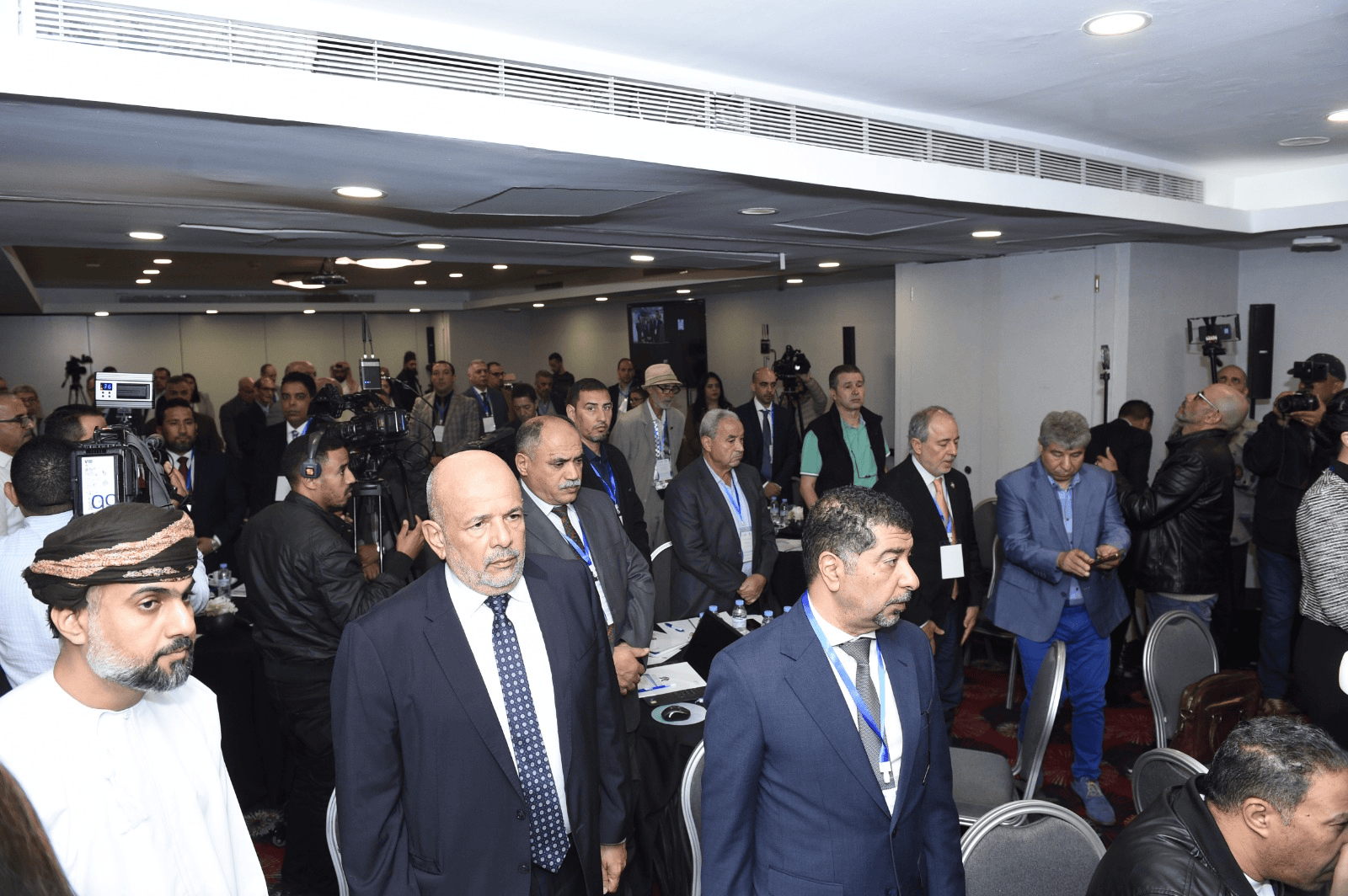
Ms. Nada Al Nashif, UN Deputy High Commissioner for Human Rights, reaffirmed the absolute non-derogability of torture prevention as a cornerstone of protecting human dignity without any form of discrimination. She noted the importance of such meetings in promoting regional cooperation.
Ms. Suzanne Jabbour, Chairperson of the UN Subcommittee on the Prevention of Torture, called on States that have not yet ratified the Optional Protocol to the Convention against Torture (OPCAT) to join the global system. She stressed that doing so would contribute to building safer societies and enhancing trust in State institutions.
The two-day event (November 19-20, 2024) aims to explore ways to develop national legislation across the region in line with international anti-torture standards. Participants will also share experiences on addressing legal gaps, strengthening prevention and accountability mechanisms, protecting victims' rights and consolidating justice and the rule of law.
Ms. Amina Bouayach statement (Available in Arabic)

